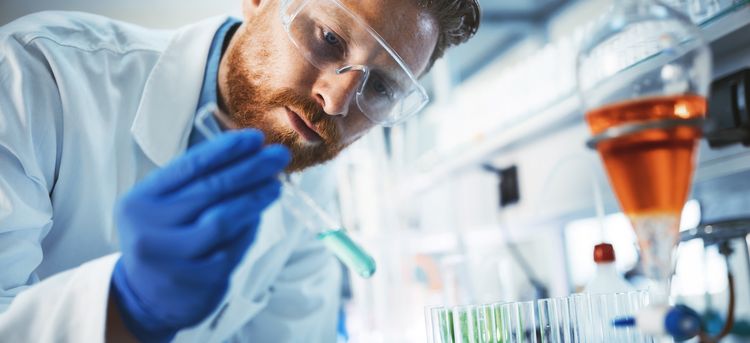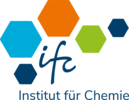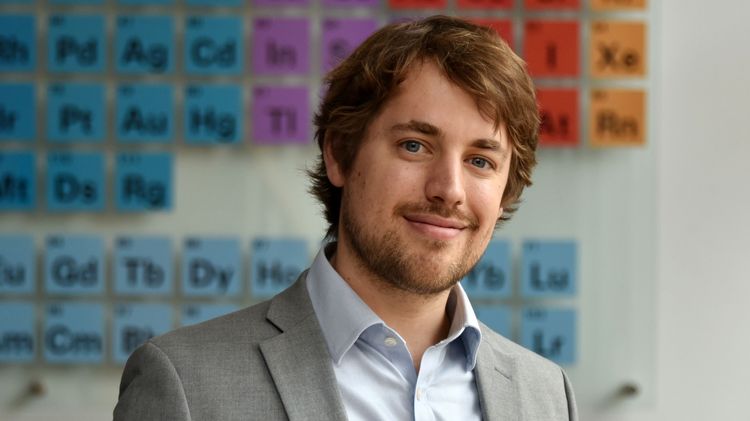For prospective students
If you enjoy communicating and passing on ideas, phenomena, findings and models in chemistry, if you want to work with young people and get them excited about chemistry, then you should study chemistry in Oldenburg! The completion of continuous courses in chemistry, mathematics, German and English up to grade 12 or 13 of the gymnasiale Oberstufe is expedient for the success of your studies and a speedy course of study.
In Oldenburg, student teachers complete the basic modules together with future chemists before attending teacher-specific courses with a stronger connection to school practice. The second focus of the degree program is a modern and practice-oriented didactic education. From the beginning of their studies to graduation, students learn in coordinated courses how to professionally plan, implement and reflect on exciting and realistic chemistry lessons for pupils.

The Oldenburg profile
Oldenburg chemistry didactics has had a significant influence on teacher training throughout Germany and has had a lasting impact on chemistry didactics research nationwide. A dozen graduates of the "Oldenburg School" also hold professorships throughout Germany. At the heart of the degree program is a basic didactic education with a high degree of practical relevance. The traditional focus - experimentally oriented chemistry lessons - is now complemented by forward-looking accents, such as the use of generative artificial intelligence in chemistry lessons or innovative digital tools and teaching-learning formats for schools and student laboratories.
The ChemOL teaching and learning laboratory is connected to the Oldenburg chemistry didactics department. Here, students can gain and reflect on their first teaching experiences in a protected environment. The laboratory is also involved in research projects.
Options
Following the undergraduate course, students have the opportunity to set their own priorities for their studies as part of the compulsory elective area. The changing offerings include classic and current topics, such as digitalization, artificial intelligence, language-sensitive chemistry teaching or current research fields in chemistry didactics. In these seminars, students can gain insights into their own and the national research landscape, which is why they are also well suited as preparation for the Master's thesis.
Practice shock? No thanks!
For us, high-quality teacher training is not only about imparting comprehensive subject-specific and didactic knowledge, but also about closely integrating this knowledge with practical experience. For this reason, our lectures are held in tandem by university lecturers and experienced teachers. This cooperation not only strengthens the important practical connection, but also creates a valuable synergy between theory and practice. Oldenburg students benefit from real insights into the teaching profession and can experience theoretical concepts directly in classroom practice.
There is also direct cooperation with the local teacher training college in Oldenburg. This partnership allows us to precisely coordinate the training content. A visit on site gives students their own insights into the traineeship and allows them to get to know the trainers at the same time.
Are there any unanswered questions?
If you have any specific questions about studying to become a chemistry teacher, please contact Prof. Timm Wilke and Dr. Michael Peetz. We can be reached by phone or e-mail. For general questions about studying or enrolment, please contact the Central Student and Career Advisory Service.





